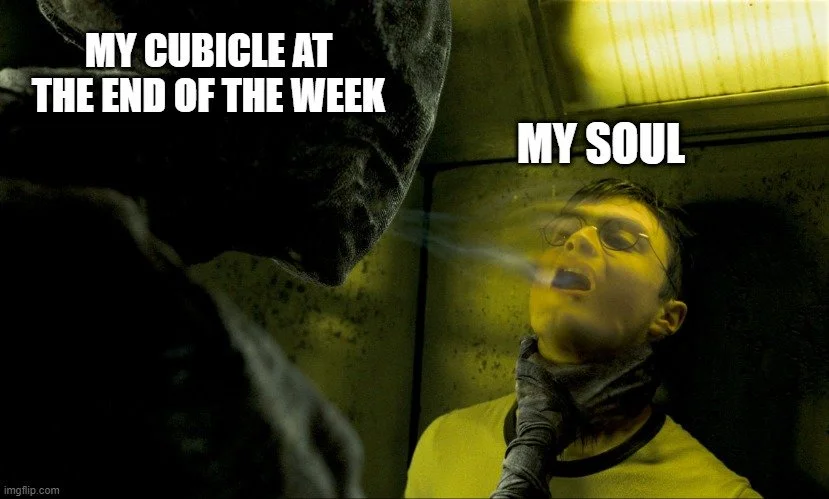I continue to wonder if the costs of speaking up about toxic cultures outweigh the costs of staying quiet. By speaking up, people are not only risking the job and professional relationships they have now, but also future opportunities, as well.
If Your Culture Sucks, This is What You're Missing
Many of us crave cultures where everybody can freely share their ideas and opinions, believing that such environments lead to better experiences for all in the workplace and better outcomes for the people we serve.
Unfortunately, without one essential ingredient, attempts to create such environments will not only fail, but they will suck away people’s willpower to speak up.
You Cannot Live an Extraordinary Life by Making Ordinary Choices
All of us want to be good people, but our desire and our intentions are not enough. In 2012, Bronnie Ware published “The Top Five Regrets of the Dying,” in which she recorded the most common regrets that her dying patients shared with her as their nurse. The most common of all? “I wish I’d had the courage to live a life true to myself, not the life others expected of me.”
In other words, the most powerful regret most people have is that they did not cross the threshold, choosing to live a life of comfort and ease, rather than a life of purpose and peace.
To Make a Difference, You Have to Do Something Different
What makes the threshold different—a defining moment in the hero’s journey—is that once you cross the threshold, you cannot go back. To cross the threshold is to commit yourself completely, wholly, and without limitation.
Sun Tzu, a sixth century BCE Chinese general and the author of The Art of War, said, “When he has penetrated into hostile territory, but to no great distance, it is facile ground.” Ninth century AD Chinese poet Tu Mu added, “When your army has crossed the border, you should burn your boats and bridges, in order to make it clear to everybody that you have no hankering after home.”
As long as you give yourself an “out,” you will not give everything you have.
Finding Your Mentor Can Help You Fight Your Fears
Out of the depths of our own doubts, fears, and uncertainties, we desperately need a nudge. We need someone who can propel us forward in our journeys, who can provoke our ability to see possibilities we had not seen before, and who can ignite within us the fire to forge ahead.
For many of us, our mentors may be family members, friends, neighbors, principals, teachers, coworkers, supervisors, coaches, or teammates. Mentors also may be aspirational, fictional, or historical figures we never actually meet. Nonetheless, whoever they may be, mentors provide a critical ingredient for the hero’s journey.





